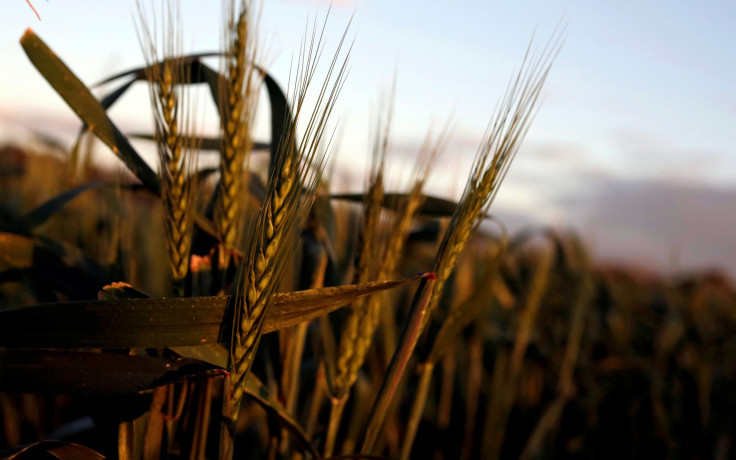Project focuses on improving soil and water quality in Asia Pacific countries

The Australian Nuclear Science and Technology Organisation (ANSTO) will provide facilities and contribute expertise in the use of radioactive and stable isotopes. The body will help train representatives from the Asia-Pacific region this year about measuring changes to water and soil quality.
Prof Henk Heijnis, leader of environmental research at ANSTO, said that Australia is the leading nation for the project. Heijnis labelled soil and water quality as a global issue that involved several factors that will be examined in research carried out by Australia and other member countries. He cited sediment dynamics, soil loss and degradation carbon and nutrient depletion as key processes that can impact the quality of both soil and water.
The stable isotopes, as well as nuclear techniques that involve measurements of radioactive nuclides, are considered highly useful in obtaining information regarding changes in soil and water quality. “We have considerable expertise in using these methods which complement the use of traditional techniques to study the environment,” Heijnis explained.
Various isotopes give information on particular characteristics of soil and water. Isotopes of nitrogen and carbon, for instance, are useful in studying soil fertility and carbon in agricultural catchments with soil conservation issues.
The project seeks to ensure that the necessary tools to determine locally appropriate agricultural practices, water and soil quality and crop productivity are accessible to participating nations for long-term sustainability. It will also include the establishment of a regional database of soil and water quality from particular sites.
It is expected that the data will fill a gap about regional assessments of land degradation and approaches to soil management and conservation. Heijnis said they expect representatives to gain advanced skills in the use of nuclear and isotopic techniques. Experts also hope to share their knowledge about state of the art approaches to sampling, analysis and modelling for soil erosion and nutrient loss.
Dr Tim Ralph, an environmental scientist from Macquarie University, was picked as the lead country coordinator. He has a background in analysing sediment movements that contribute to siltation in the country’s wetlands, spending time at ANSTO as a post-graduate and an honours student.
Ralph was in Vienna to chair the first meeting of participating countries to launch the project and start activities. The project is set to conclude in 2021. The training is a part of a Regional Cooperative Agreement (RCA) project.





















